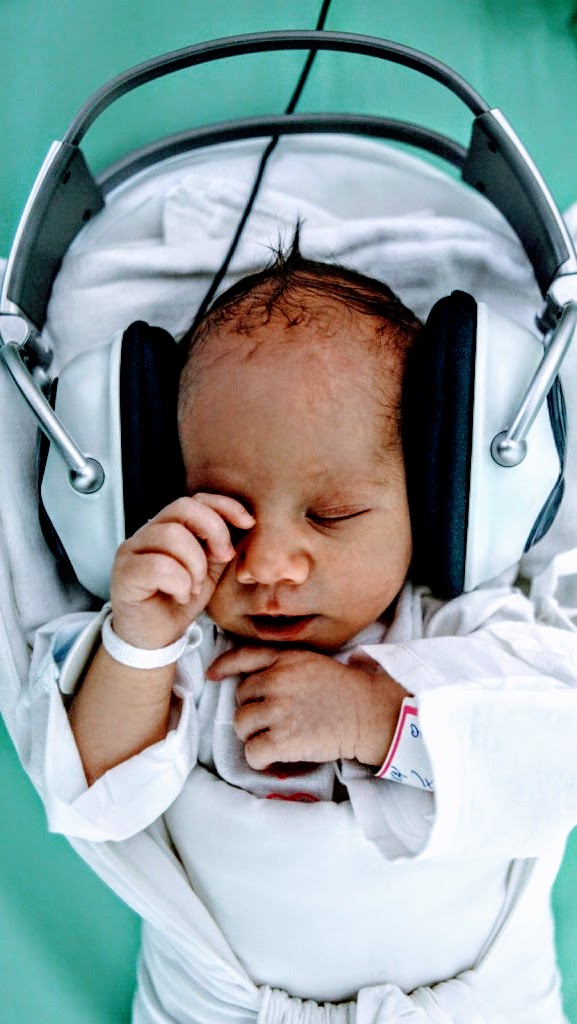Parents who believe that classical music makes babies smarter are wrong. So far, there is no evidence that listening to Mozart or any other kind of music has any effect on skills that are not, well… musical. Listening to music does very little for developing overall intelligence over the long term. So, why has the “Mozart Effect” myth endured for so long? “People like to have simple answers. They have long-held ideas about scientific facts that turn out to be total bullshit,” says Samuel Mehr, a PhD student at Harvard who studies the effect of music on the brain.
Even if listening to classical music doesn’t make children smarter, it should not hurt them. If music can calm an adult down, it should also calm a child down, shouldn’t it? Perhaps. However, parents may be better served by applying well-researched solutions to improving their babies’ brain growth. As explains Daniel Willingham, a professor of psychology at the University of Virginia, there is broad evidence that kids learn more when parents read to them, a form of learning that is cumulative since being read to boosts early learning while laying the foundation for later learning. “The research indicating that being read to makes a young child smarter is much, much stronger than the “Mozart Effect” research,” says Willingham.

Picture: It won’t get her into Harvard (Reuters/Petr Josek Snr, w/Effects)



